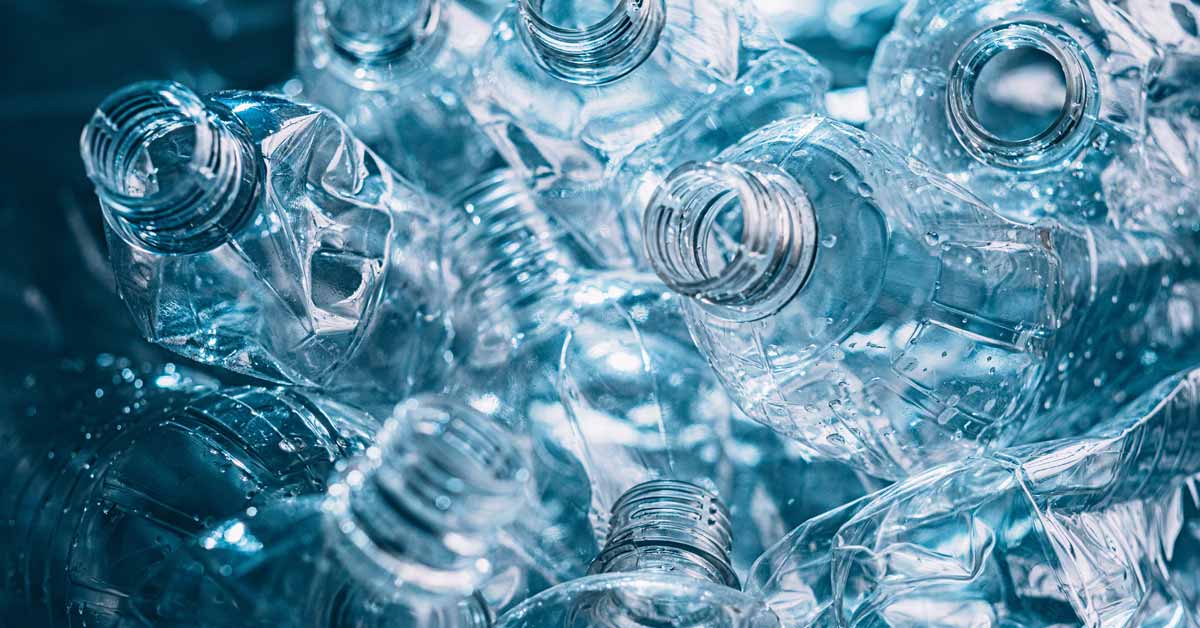2 min read
Innovation in Pyrolysis Picks up Pace in Q4 2021
Tecnon OrbiChem
:
Apr 1, 2022 12:00:00 AM

The potential for pyrolysis to tackle waste and increase circularity in plastics industries moved closer to reality yesterday (23 November). Shell revealed plans to build its first pyrolysis oil upgrader.
Pyrolysis is the thermal degradation/decomposition process that occurs in the absence of oxygen, which results in the production of pyrolytic liquid (pyrolysis oil), biochar, and gas. The new plant will be built for its 800,000 tpa cracker at Pulau Bukom in Singapore in 2023.
A month ago, Tecnon OrbiChem delivered its special report, Pyrolysis Projects on a Hot Investment Streak. Since then, new pyrolysis-based projects involving Japanese knotweed and waste vehicle tyres made significant advances toward commercialization.
Knotweed Challenge to 'Nuisance' Status
UK-based invasive plant specialist Environet successfully patented a process to convert knotweed rhizome into biochar in October. The company’s pyrolysis process removes naturally occurring tar, which leaves carbon in the form of charcoal.
According to Environet, charcoal’s honeycomb-like structure can be charged with additives, such as liquid organic fertilizers. The result is a method that can lock carbon into the soil for centuries at least, the firm says.
A 2019 UK parliamentary report estimated knotweed proliferation costs at £200m per year. Meanwhile, a map produced by legal services firm KnotweedHelp suggests that up to a fifth of England is impacted. The US Department of Agriculture paints a picture of knotweed’s ubiquity being a fact of life in most of the country’s states.
Boost to Rubber Tyre Recycling Capacity
A northwest England-based company that recycles tyres using pyrolysis received a £350,000 grant from Innovate UK. Big Atom claims its technology can save 2.7 tonnes of CO2 emissions per tonne of rubber processed.
Scandinavian Enviro Systems’ environmental permit application for a rubber tyre recycling site using pyrolysis at Uddevalla, Sweden was earmarked for submission this month. The company aims to build capacity for recovered carbon black and pyrolysis oil. Its vision includes 30 full-scale plants by 2030 with a total recycling capacity of more than 900,000 tpa of end-of-life tyres.
Research Innovation
On the scientific literature side, a new research paper demonstrates a novel method for converting waste grocery bags to a vapor.¹ The heat-based process delivers a fuel-like product in the presence of a catalyst, according to the research team from California State Polytechnic University in the US.
The catalyst was prepared by dipping a zeolite substrate in an aqueous solution containing nickel and tungsten and drying it in an oven at 500° Celsius. Used in conjunction with a single-stage pyrolytic reactor, it ran at a set point of 360° C to break the bags down. Paper co-author Mingheng Li told Science Daily: "The catalyst is critical to this particular pyrolysis process because it only requires one step to get to the desired fuel product at relatively mild temperatures."
This report was inspired by Doris de Guzman's whitepaper, Pyrolysis Projects on a Hot Investment Streak.
References
1. Arnold M et al., J.Renew.Sustain.Energy, 2021 DOI 10.1063/5.0066218



![[Video] Molecules to Markets Episode 1: Chemical Markets Begin 2026 in a Supply-Driven, Margin-Sensitive Environment](https://www.resourcewise.com/hubfs/images-and-graphics/blog/chemicals/2026/weekly-video-series-molecules-to-markets/CHEM-Weekly-Video-Series-Molecules-to-Markets-Episode-1.png)
